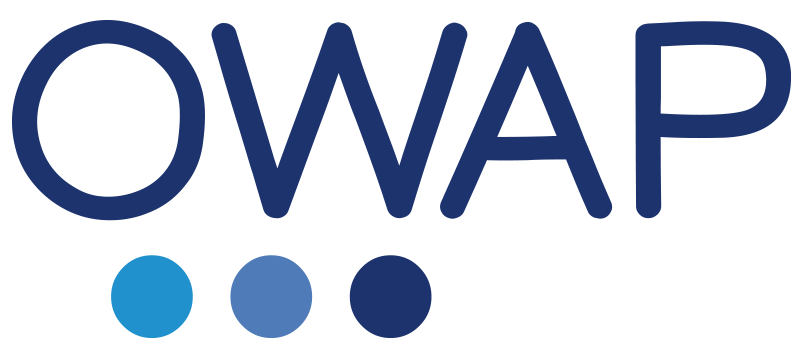Agribusiness Incubator
Women Entrepreneurs are Solving Minya's Agribusiness Challenges
Agribusiness Challenges
Challenge 1
Access to Information
Challenge 2
Reducing Food Loss/Waste
Challenge 3
Enhancing Access to Low-Cost Equipment
Challenge 4
Improve Post-Harvest Storage and Transportation
Challenge 5
Increasing Export Awareness and Services
Challenge 6
Access to Finance
Challenge 7
Access to Business Development Services
Challenge 8
Empowering Women in Agribusiness
Why To Apply?

Validate your Business Model
Our experts will help you define your business model, avoid high risk through validated learning, using lean startup methodology.

Get Funding
Get an equity-free initial funding to build your MVP and make better experiments.

Enhance Your Product/Service
We will help you build better product by utilizing agile and lean methodologies, in addition to our product reviews..

get Tailored business Training and Mentoring
Based on needs-assessment, you'll be linked to a high profile mentor, who will assist you during the incubation period.
And One More Thing
Get Access to Athar Alumni Free Service

Access to Free Office Hours
You can access to free mentoring sessions even after graduation.

Introductions to our network
Get access to our network of investors, funders and mentors.

Access to Funding Opportunities
We'll update you with new relevant funding opportunities based on your industry and your startup stage.

Fundraising Support
Including: - reviewing your applications, pitch rehearsals, support in negotiation with investors.
Do you have a solution or idea in agribusiness?
FAQ
What Are You Looking For? (Selection Criteria)
- Initial validation: Startups and SMEs must have done some sort of validation. (prototype – MVP – etc.)
- Female-led: Startups and SMEs must have at least one female founder.
- Industry: Startups and SMEs must have a strong relation to agribusiness.
How many startups/SMEs you'll Accept?
We’ll accept 30 startups/SMEs to the program.
Do you offer financial funding?
Yes, we’ll select the best startups to receive a financial grant.
What Stage Of A Startup Are You Looking For?
We accept both idea-stage startups as well as those with an MVP.
Can I Apply As A Single Founder?
Yes.
Where Is The Program’s Location?
The program is based in Minia. All the activities will be held in Minia, and we don’t accept applicants from other governorates.
What is the deadline for Applciation?
The deadline is 26, June 2022.
Our Partners
The program is provided in a partnership with OWAP and funded by Global Affairs Canada (GAC).


